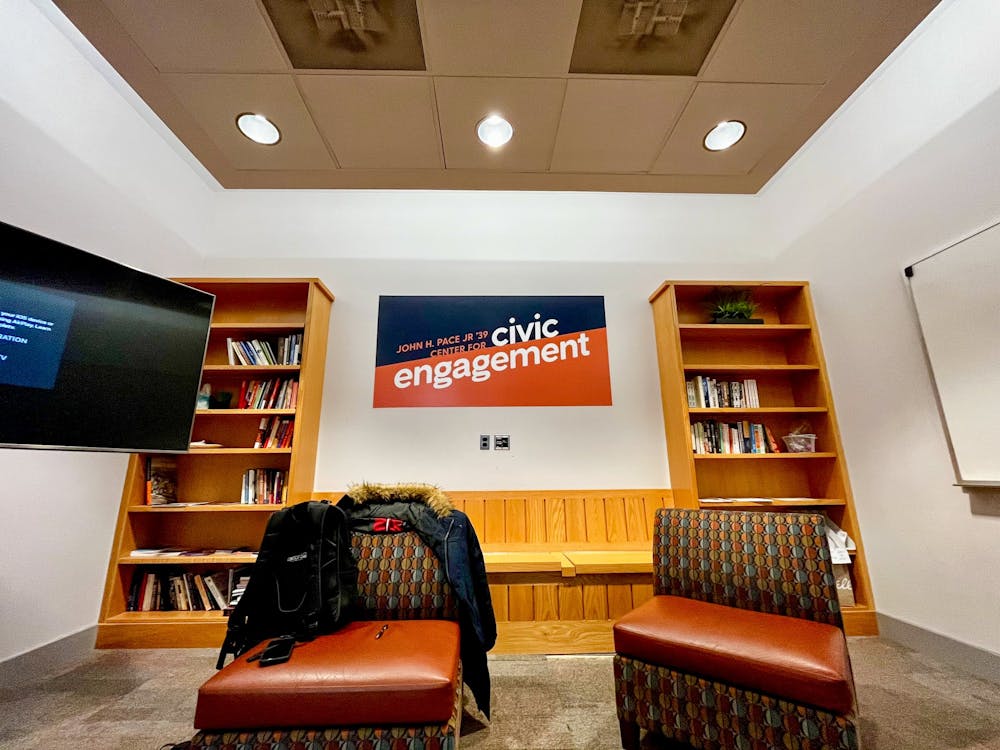Given the importance of students’ majors to their overall academic experience at Princeton, it is crucial that students are able to communicate meaningfully with their departments about the features of the undergraduate program. The establishment of official undergraduate representatives in all departments is the most obvious method by which to achieve such a dialogue. Many departments — including computer science, politics, economics, philosophy, and chemical and biological engineering — have already instituted such a system and given it a vigorous part to play within the department. But many others, such as classics and mathematics, do not. The students selected to serve as undergraduate representatives commonly attend general departmental meetings. They also meet with particular faculty members to voice concerns and to provide general feedback about aspects of the undergraduate experience in the department. Their purview ranges across departmental requirements, staffing, the general curriculum and special programs and events. Typically, these representatives are selected by the concentrators within each department. This structure provides an ideal way for faculty and students to keep abreast of one another’s concerns, helping bridge the gap between faculty and students’ differing perspectives, priorities and interests, and, more importantly, to engage in productive discussion to improve academic life for both groups.
Merely establishing such a system, however, is not sufficient. Evaluating the effectiveness of those undergraduate liaisons that already exist is rendered difficult by the fact that few other students within departments know what they do; many students seem to not know which students serve as representatives or even that the position exists. Obviously, the success of these representatives is seriously diminished if they do little to seek out from their fellow students particular areas of interest, concern or criticism. To that end, then, not only should undergraduate representatives be instituted within each department, but such representatives should also be tasked with collecting information from concentrators and identifying issues and concerns requiring the department’s attention. This qualification would not be difficult to accomplish — it might require something as simple as regular emails to majors.
The implementation of these measures would benefit every aspect of department life, nurturing both student-student and student-faculty relationships and further developing a sense of community within each department’s undergraduate program. We commend those departments that already maintain such programs, and we urge those that do not to follow suit.







